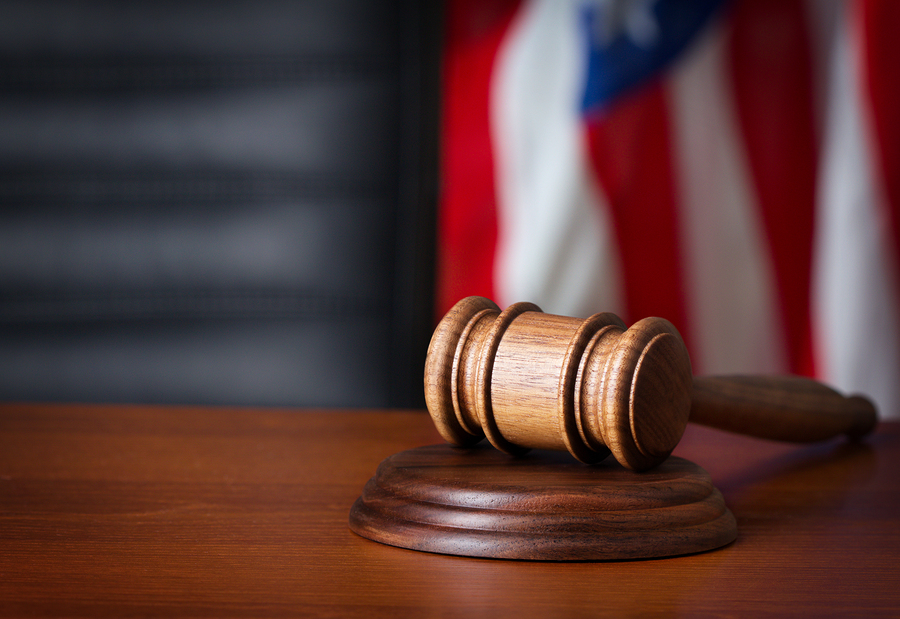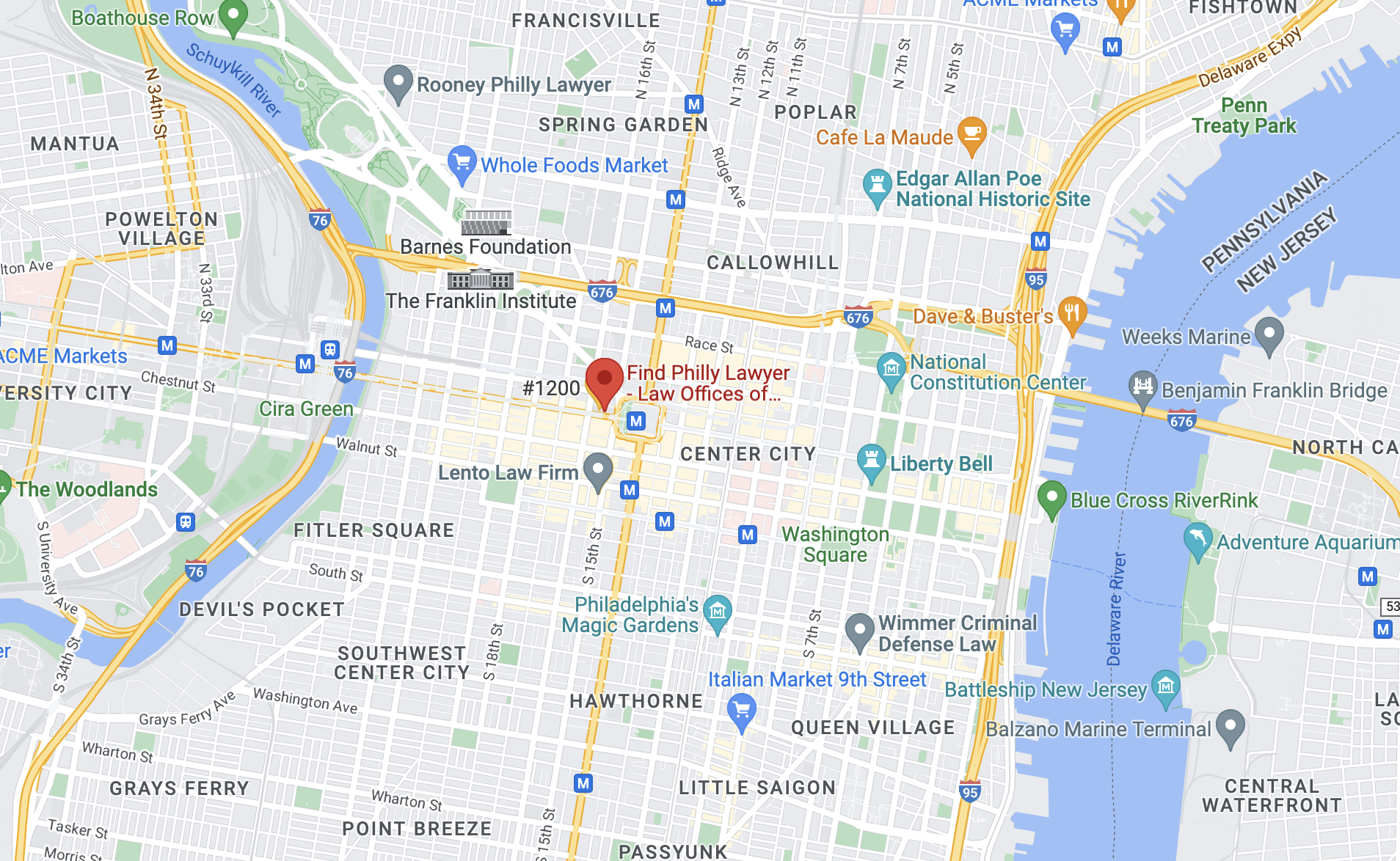If you are arrested, law enforcement is often not forthcoming with helpful information, like your legal rights and how to protect them. A skilled lawyer can help you during this incredibly difficult and scary time.
After you are arrested, remain calm and remember that you have rights that the police cannot interfere with. First, invoke your right to remain silent when the police question you about the alleged crime. Also, invoke yolur right to have a lawyer present during questioning. Doing so may help you avoid accidentally incriminating yourself. You also have rights regarding how long the police are allowed to hold you without charges before they must release you. If you have been detained for too long, call your attorney immediately. If prosecutors decide to press criminal charges, you should talk to your attorney about your rights regarding bail. Bail laws have undergone reform in recent years, and you might not have to pay money to secure your pretrial release. To protect your rights during this process, call a lawyer.
Speak with our Philadelphia criminal defense attorneys at The Liberty Law Team by calling (215) 826-3314 and ask for a free initial case evaluation to get started.
Your Rights After Being Arrested in Philadelphia
When a person is arrested and taken into police custody, they are not totally at the mercy of law enforcement. While their freedoms are greatly restricted in this scenario, they still have certain rights that the authorities must not trample. Knowing these rights before arrest may be crucial to protecting yourself and building the best defense against pending criminal charges.
Right to Remain Silent
When someone is arrested, they are usually taken to the police station where they are booked and then questioned. When the police ask you questions about the supposed criminal offense while you are in their custody, this is known as custodial interrogation. When this happens, the police are required by law to inform you of your Miranda rights, including your right to remain silent.
If you have ever seen a legal drama on TV or in a movie, you have likely heard about your right to remain silent. Essentially, you do not have to answer any questions the police ask you during custodial interrogation. If you want to end questioning and refuse to say anything, you can do that. It is usually best to invoke this right directly and clearly to avoid accidentally saying the wrong thing and unnecessarily incriminating yourself. Our Northeast Philadelphia criminal defense attorneys can come to help you speak with the police before questioning resumes. Remember, anything you say can be used against you, so say nothing.
Right to Have an Attorney Present
Your Miranda rights also include your right to have a lawyer with you during custodial interrogation. When you invoke your right to remain silent, you should also invoke your right to a lawyer. Often, defendants can protect themselves by honestly answering questions from the police. Perhaps the police have the wrong person, or you were arrested for an alleged crime due to a misunderstanding. When you give this information to the police, have a lawyer by your side. They can help you answer questions in a way that conveys helpful information to the police without accidentally incriminating you.
Length of Detention
You also have rights regarding how long the police are allowed to detain you without criminal charges being assessed. While the police have a lot of power when it comes to taking people into custody, they cannot hold you indefinitely. One of the cornerstones of our judicial system is that the government cannot lock someone up without a trial and conviction. Simply suspecting someone of committing a crime is not just cause to detain them forever.
In Pennsylvania, the police typically cannot hold someone for more than 48 hours without criminal charges. This time limit may be extended to 72 hours if a suspect must be held until the next business day. Knowing this, you should contact an attorney if you have been held for longer than 72 hours. This is a serious violation of your rights, and the police should be held accountable.
Rights Regarding Bail
If you are arrested and prosecutors decide to press charges, you may be detained for longer. Your attorney can help you post bail, which should secure your pretrial release so you can prepare for your trial with your lawyer rather than from inside a jail cell.
According to 42 Pa.C.S § 5701, all defendants have a right to bail unless they are detained for capital offenses for which the maximum sentence is life imprisonment or unless no condition other than imprisonment will reasonably assure the safety of the community.
In the past, bail usually involved the payment of some sum of money determined by the court and usually calculated based on the severity of the alleged crime. While this bail method is still in use, cashless bail is becoming more widespread. We might convince a judge to release you on your own recognizance so you do not have to pay anything. Alternatively, you might be released under certain restrictions, such as staying away from the alleged victim, refraining from criminal activity, and attending all hearings and proceedings.
How to Protect Your Rights if You Are Arrested in Philadelphia
If you are ever placed under arrest in Philadelphia, keep calm and cooperate with law enforcement. Even if you know the arrest is unjust or results from a misunderstanding or mix-up, resisting the police will not do you any favors. Once you get to the police station, contact an attorney immediately. Your best bet is to invoke your right to remain silent and demand to have a lawyer present as soon as you can. Once your attorney is present, they can help you understand why you were arrested and how to begin building a defense.
Call Our Philadelphia Criminal Defense Lawyers for Help Immediately if You Are Arrested
Speak with our Malvern, PA criminal defense attorneys at The Liberty Law Team by calling (215) 826-3314 and ask for a free initial case evaluation to get started.





 Liberty Law Team
Liberty Law Team  (215) 826-3314
(215) 826-3314 lonny@libertylawteam.com
lonny@libertylawteam.com





